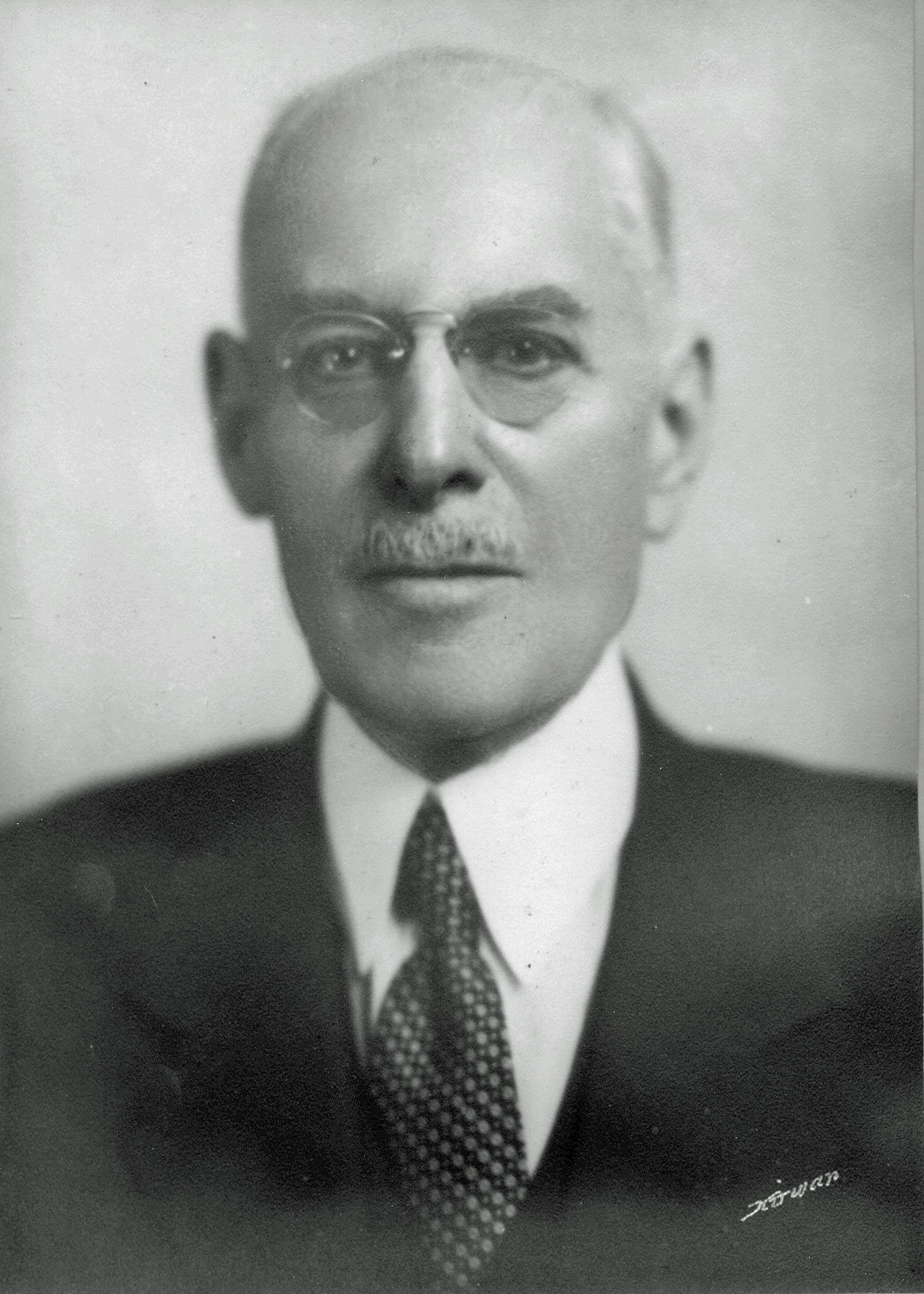|
Saving the Range: Edward Thomas Taylor and the Taylor Grazing Act
|
|||||||||||
 |
|||||||||||
|
|
|||||||||||
| Saving the Ranges is a biography of Edward Thomas Taylor, author of the Taylor Grazing Act. Taylor was a prominent political figure in the western United States during the late-nineteenth and early-twentieth centuries. He served as a state attorney and then state senator in western Colorado from the mid-1880s to the early 1900s. In 1908 he changed parties, ran as a Democrat, and won the state's at-large seat in the House of Representatives. That seat soon became the 4th Congressional District, a vast area covering most of the western slope of the Rockies. The 4th was home to miners and grazers, and Taylor built his federal career by representing their interests in Washington. Throughout the 1910s he lobbied vigorously for western reclamation projects and for the transfer of federal lands to the states, but drought and declining commodity prices during the 1920s inspired a dramatic about-face. Taylor remained an advocate for reclamation projects, but by the late-1920s he supported a very different policy regarding the public lands. In the early 1930s he adopted previously-failed legislation to close these lands, and in 1934, in the midst of the worst dust storms to rake the Great Plains in living memory, he succeeded in persuading the House and Senate to end homesteading and create a new agency called the Grazing Bureau, which later merged with the Land Office to become the Bureau of Land Management. The Taylor Grazing Act altered the course of western American history, and it has been the focus of numerous scholarly studies. Curiously, the author of this act has attracted far less attention, so my aim is to explore Taylor's life and see if his biography can cast new light on an important and, in many ways, surprising change in the course of western history. | |||||||||||
| BACK | HOME | ||||||||||